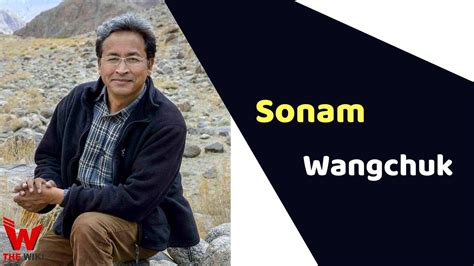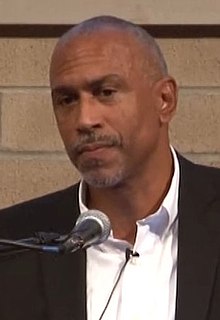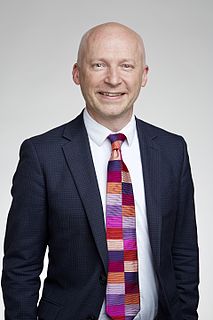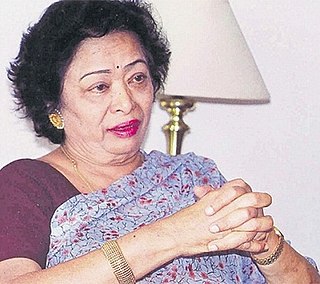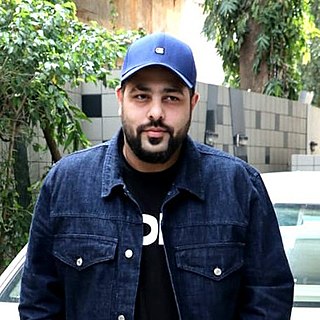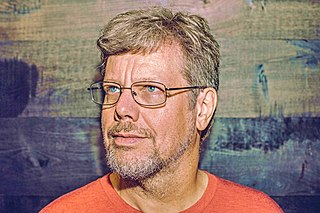A Quote by Sonam Wangchuk
Not that I did not have any other skills, but I loved teaching students, sharing with them my knowledge in sciences, maths or languages.
Related Quotes
I am relieved that, in my own teaching, I don't have to moderate between high stake teaching and education for the virtues. If I did, I would give students the tools to take the tests but not spend an inordinate amount of time on test prep nor on 'teaching to the test.' If the students, or their parents, want drill in testing, they'd have to go elsewhere. As a professional, my most important obligation is to teach the topic, skills, and methods in ways that I feel are intellectually legitimate.
Teaching in Providence and Oakland, I realized that the first thing is that it wasn't good enough to come in and assume that I had what my students needed in terms of knowledge and skills. I also had to show them that I was their ally. I had to show them that I was concerned about them, wanted to relate to them, and that I was fundamentally on their side.
The great shift... is the movement away from the value-laden languages of... the "humanities," and toward the ostensibly value-neutral languages of the "sciences." This attempt to escape from, or to deny, valuation is... especially important in psychology... and the so-called social sciences. Indeed, one could go so far as to say that the specialized languages of these disciplines serve virtually no other purpose than to conceal valuation behind an ostensibly scientific and therefore nonvaluational semantic screen.
For some students, especially in the sciences, the knowledge gained in college may be directly relevant to graduate study. For almost all students, a liberal arts education works in subtle ways to create a web of knowledge that will illumine problems and enlighten judgment on innumerable occasions in later life.
Teaching, like any truly human activity, emerges from one's inwardness, for better or worse. As I teach I project the condition of my soul onto my students, my subject, and our way of being together. The entanglements I experience in the classroom are often no more or less than the convolutions of my inner life. Viewed from this angle, teaching holds a mirror to the soul. If I am willing to look in that mirror and not run from what I see, I have a chance to gain self-knowledge-and knowing myself is as crucial to good teaching as knowing my students and my subject.
I actually really liked teaching. I started teaching at UCB when I was in college. I would get someone to fill out an internship form or something so I would get the credit. But why did I start teaching? I loved it. I loved doing improv and loved UCB and wanted to be a part of that world and that community.
We need to eliminate the existing hierarchy of subjects. Elevating some disciplines over others only reinforces outmoded assumptions of industrialism and offends the principle of diversity. The arts, sciences, humanities, physical education, languages and maths all have equal and central contributions to make to a student's education.
